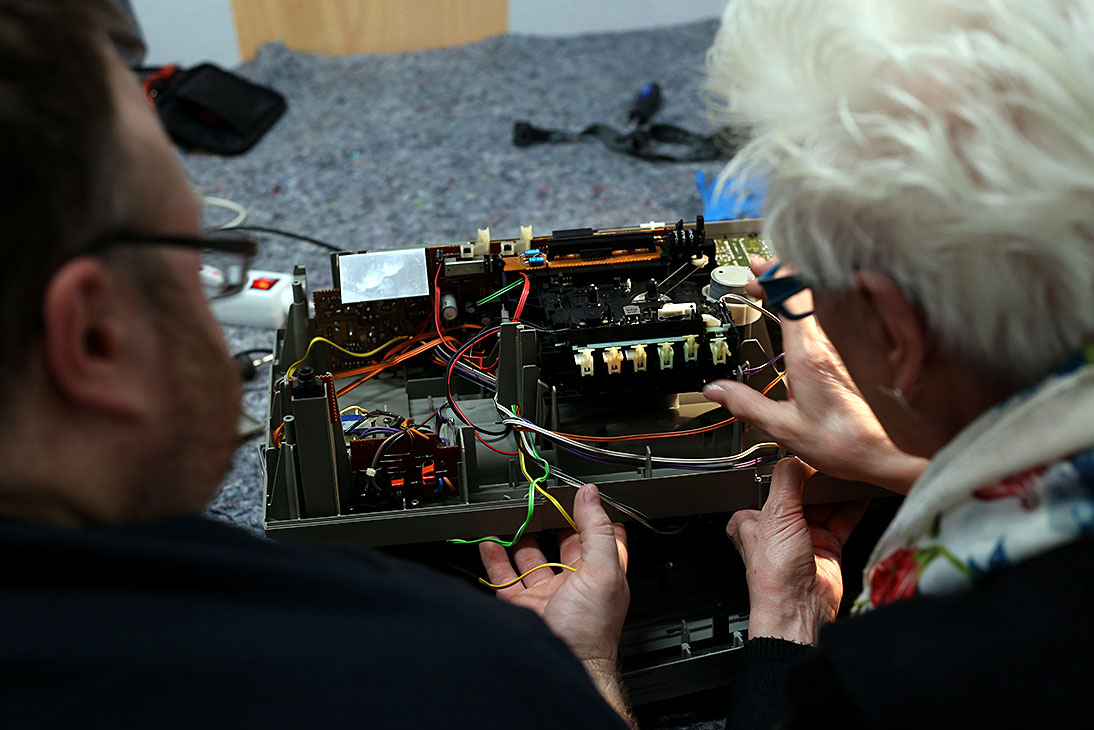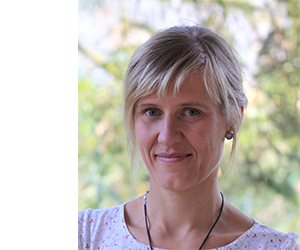Berlin’s zoos welcome the fact that increasing numbers of people recognise the significance of our work and want to cooperate with us on achieving a common goal – preserving the planet’s rich biodiversity. We want to talk to some of those people and find out what drives them, why they support us, and what connects them to their sponsored animal or to Zoo, Tierpark and Aquarium Berlin in general.
Melanie Jaeger-Erben is a sustainability researcher who focuses on strategies that promote more sustainable consumption. We spoke with her about the topic of sustainable development.

